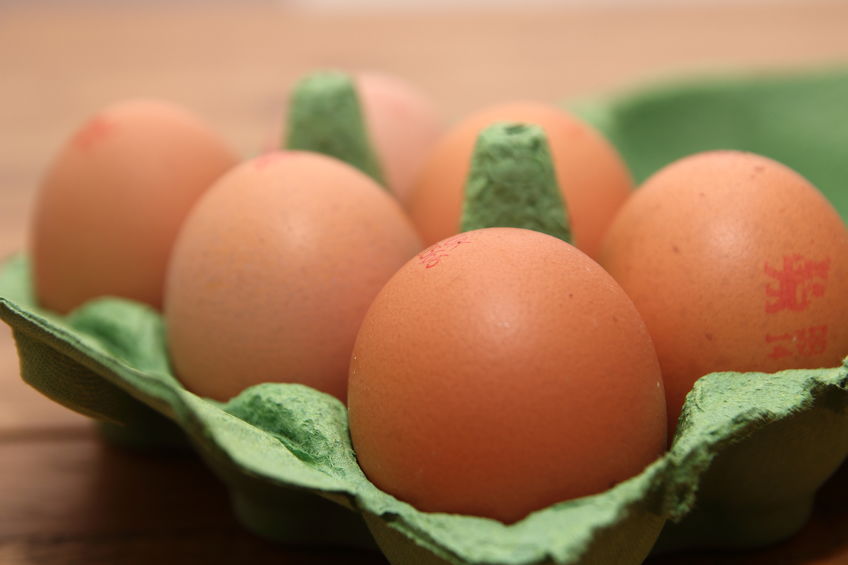
Egg producers have warned that the UK's future agricultural system must not allow imports of food from countries with lower standards of welfare.
The British Egg Industry Council (BEIC) has raised concerns that government may be prepared to relax standards on agri imports in order to secure trade deals.
The body's chief executive Mark Williams says that a significant chunk of the cost of producing UK eggs comes from legislation on food safety, animal welfare and environmental protection.
He has warned that pursuing a free trade policy with countries such as the United States would result in British farmers being significantly undercut.
A recent report from Wageningen University in the Netherlands highlighted the importance of tariffs for eggs.
Compared to the average level within the EU, the production cost of shell eggs in 2017 were 24% lower in the USA, 22% lower in Ukraine, 14% lower in Argentina and 11% lower in India.
It comes as Defra Secretary George Eustice unveiled the government's plans for what will replace the EU's Common Agricultural Policy (CAP) in post-Brexit Britain.
In its agricultural transition plan, the government said: "We will pay farmers to improve the environment, improve animal health and welfare, and reduce carbon emissions."
The plan says that farmers will be able to access public money to "help them deliver environmental and animal welfare outcomes on the land they manage and to help their businesses become more productive and sustainable."
Egg production is currently an unsupported sector and the British Egg Industry Council is not keen for that to change.
Mark Williams is concerned that support for higher animal welfare may be used to allow imports of lower standard foods from abroad.
"The BEIC has always been clear that we would oppose subsidy that might distort the market," Mr Williams said.
"If the government's line of thinking is to reduce or eliminate tariffs on imports from countries with lower animal welfare standards, but to mitigate this by throwing money at producers in the form of subsidies for higher welfare outcomes, then we would not be supportive."
The government's plan talks of farmers "meeting clear, relevant and outcome-focused legal standards that champion UK food internationally, prevent environmental harm, protect bio-security and protect animal welfare" and of the government establishing an animal health and welfare pathway.
"We will introduce in full new schemes to reward farmers for producing public goods," the plan explains.
It says that a "payment-by-results" research project would be holding its first round of stakeholder workshops towards the end of 2020 with the aim of identifying potential animal welfare enhancements to take forward to the next research stage, which would assess economic viability and value-for-money.
And a consultation on welfare labelling is being prepared, the government's plans say.
George Eustice talked about the post-Brexit system in a speech to Oxford Farming Conference Bitesize as the transition plan was published.
He said the intention was to create a better, fairer farming system in England, that would transform the way farmers were supported, in what he said was the most significant change to farming in 50 years.
"We want farmers to access public money to help their businesses become more productive and sustainable, whilst taking steps to improve the environment and animal welfare, and deliver climate change outcomes on the land they manage," he said.
"Rather than the prescriptive, top down rules of the EU era, we want to support the choices that farmers and land managers take.
"If we work together to get this right, then a decade from now the rest of the world will want to follow our lead."
